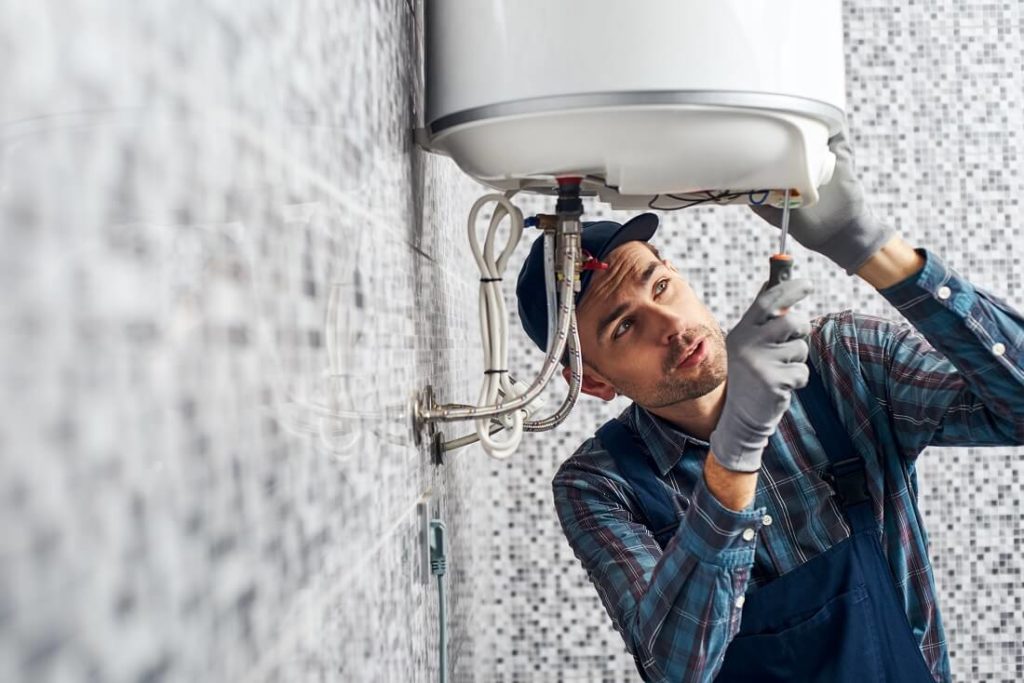Replacing a classic water heater may not seem like a premier concern until you are working with cold showers or leaking tanks. However, improving to a new product presents numerous benefits that can help you save Water Heater Repair & Replacement, increase efficiency, and include value to your home.
1. Improved Power Efficiency
One of the very most substantial advantages of exchanging an old water heater is improved energy efficiency. Older versions often eat up more power as a result of outdated technology and decades of wear. Newer water heaters, particularly individuals with ENERGY STAR accreditation, are made to use less gas and electricity. Tankless or on-demand water heaters are especially efficient, heat water only once needed instead of sustaining a reservoir filled with warm water all day. That effectiveness translates to lower electricity bills and a low environmental footprint.
2. Regular Hot Water Present
As water heaters age, they usually battle to supply heated water consistently. You might detect changing conditions or lengthier wait instances for water to temperature up. Sediment build-up in the tank may also reduce heat effectiveness and water volume. By replacing a vintage water heater, you ensure a regular, reliable supply of heated water, which can be specially important for bigger homes or all through high-demand times.
3. Paid off Risk of Leaks and Water Injury
Aging water heaters are far more susceptible to rust, corrosion, and escapes, that may lead to expensive water damage and shape issues. Regular preservation can prolong the life of a heater, but ultimately, wear and tear get their toll. Newer models are not just less likely to leak but may also be designed with better protection features and more durable materials, providing reassurance and guarding your property.
4. Cost Savings Over Time
Whilst the upfront price of a brand new water heater might seem high, the long-term savings often outweigh the original investment. Contemporary devices use power more effectively, which reduces monthly power costs. In addition, newer systems often need less maintenance and are less likely to require repairs. With care, a brand new water heater can last 10–15 decades or more, offering considerable savings in the long run.

5. Improved Home Value and Appeal
If you are contemplating offering your home, a new water heater can be a selling point. Potential consumers usually try to find up-to-date appliances and energy-efficient systems. Replacing an obsolete water heater may raise your home's charm and perhaps increase their market value.
Conclusion
Changing a vintage water heater is just a smart choice for homeowners looking to enhance power performance, consistency, and safety. Although it needs an transparent investment, the long-term advantages in charge savings, performance, and house value allow it to be a rewarding upgrade.
